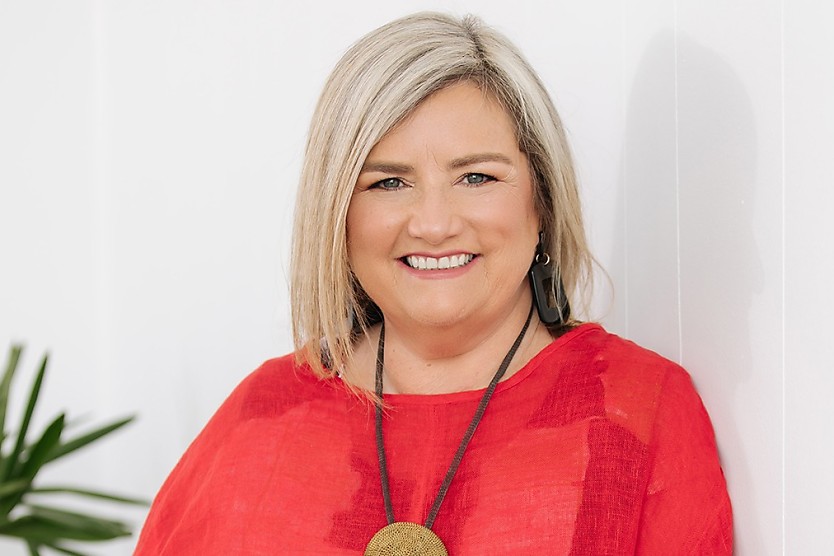
As a productivity coach, people constantly tell me they are tired, exhausted, and overwhelmed. They can’t keep up with the pressures of modern-day living. During 2020 and 2021 (and parts of 2022) I was repeatedly asked to deliver webinars on the topic of resilience, mindfulness, and time management.
Not that there’s anything wrong with these, but I don’t believe they solve problems of overwork. I applaud any organisation that invested in wanting to support their people during a busy time. I just think it was misplaced.
After four decades of downsizing people but not work, and two years plus of workplace disruption, there’s no surprise that we are reading about the great resignation or quiet quitting. It’s time for organisations to stop taking advantage of the goodwill of their employees. We need to help them with their workload and capacity.
Here are four things you can do to help your team manage their capacity:
- Stop
Give them some thinking and breathing space. Encourage your people to block at least an hour a day (as well as lunch) to stop. Remember the last time a meeting was cancelled at the last minute, and how relieved you felt? This is what I’m talking about. Encourage them to book a meeting with themselves so they can access that feeling of relief and leverage the opportunity to catch their breath.
Encourage people to knock off at a reasonable hour, and to leave their devices switched off after hours.
- Decompress
Productivity author David Allen is quoted as saying: “The human mind is for having ideas, not storing them”. We try to hold too much in our brains, and we end up either forgetting things, or burning out. We have limited capacity and we should be using it better. Writing things down, getting it out of their heads is one way of helping your people minimise the overload in their brains.
If we are solving problems, write or draw them on a whiteboard so that the problem is external to the person or team. Use visual management systems like Kanban so everyone knows what the priorities are and who is working on what.
Morning huddles, stand-ups or whatever you want to call them, for 5 minutes, are a great way for people to share what they are working on and what they need (or not) to keep progressing. It will remove blocks and keep things moving.
- Use systems
Systems are what make things work. Systems for managing email, meetings, workload. Things like The First 2 Hours framework that give people a way to work according to the clock in their bodies, not the one on the wall, or the Pareto Principle, where they put their focus and attention on the 20 per cent of tasks that will yield 80 per cent of their results, or the Pomodoro method where they work in 25-minute focused bursts and then have five-minute breaks.
It doesn’t matter which system as long as there is one. This can also be a great team-building activity to learn and use these systems together as a team.
- Decide what not to do
Finally, when was the last time you did a strategic planning session and discussed the things you will not be doing. As Steve Jobs famously said, “Deciding what not to do is as important as deciding what to do.”
Year on year, we keep adding to people’s project and to do lists. Don’t you think it would be refreshing to discuss the things people can stop doing?
The benefits of managing capacity are often felt in the future rather than immediately, for example, encouraging people to protect time in diaries, plan holidays, saying no when they have reached their limits. Ultimately, we should be asking ourselves every day: ‘What could I do today that my future self will thank me for?’
Donna McGeorge is a best-selling author and global authority on productivity.
Shandel McAuliffe
Shandel has recently returned to Australia after working in the UK for eight years. Shandel's experience in the UK included over three years at the CIPD in their marketing, marcomms and events teams, followed by two plus years with The Adecco Group UK&I in marketing, PR, internal comms and project management. Cementing Shandel's experience in the HR industry, she was the head of content for Cezanne HR, a full-lifecycle HR software solution, for the two years prior to her return to Australia.
Shandel has previous experience as a copy writer, proofreader and copy editor, and a keen interest in HR, leadership and psychology. She's excited to be at the helm of HR Leader as its editor, bringing new and innovative ideas to the publication's audience, drawing on her time overseas and learning from experts closer to home in Australia.










